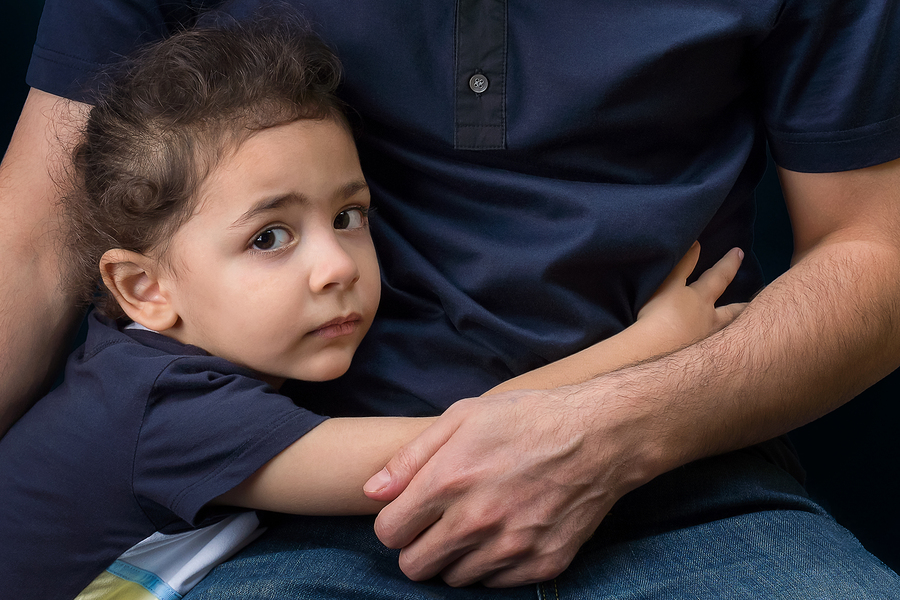
Some cases are better suited for mediation than litigation. Cases involving elderly guardianship appointments often fall within this classification. Guardianship cases often involve private matters and complex family dynamics that may be better handled with professional assistance.
Mediation is a private process in which the parties involved in a dispute work together with a third-party neutral who encourages them to communicate and come up with unique solutions to resolve the problem. This process is often much more open than litigation since the parties can talk to each other directly rather than through the questioning and cross-examining conducted by lawyers. If a party is concerned about how someone has handled medical issues or finances, these concerns can be addressed with the process of mediation. In comparison, these are simply accusations that can be lodged in litigation that may not be adequately explained through the process of litigation. While mediation provides an open forum for the parties to discuss, it also preserves the privacy of the parties by not having them air its dirty laundry on a public record.
One of the common issues that plague guardianship cases is miscommunication. Due to difficult family dynamics, assumptions or misgivings, communication may not be occurring with the parties. Mediation provides an opportunity for the parties to participate and engage in open dialogue. It also allows them a chance to work together toward a mutual goal, such as protecting the health or finances of a loved one.
If a case proceeds to trial, the judge may make one of the participants the guardian of the ward. However, with the process of mediation, the parties can establish creative solutions that work best for the family, such as dividing responsibilities, financial commitments and logistical assurances that may not be available through a resolution reached in court.





 When referring to minors, guardianship is usually the process involved when a person who is not a parent of a minor takes over parenting responsibilities. In essence, the court gives custody of the minor child to an adult relative, caregiver or other individual. This term is also used to refer to someone who takes over the property of a minor child.
When referring to minors, guardianship is usually the process involved when a person who is not a parent of a minor takes over parenting responsibilities. In essence, the court gives custody of the minor child to an adult relative, caregiver or other individual. This term is also used to refer to someone who takes over the property of a minor child.